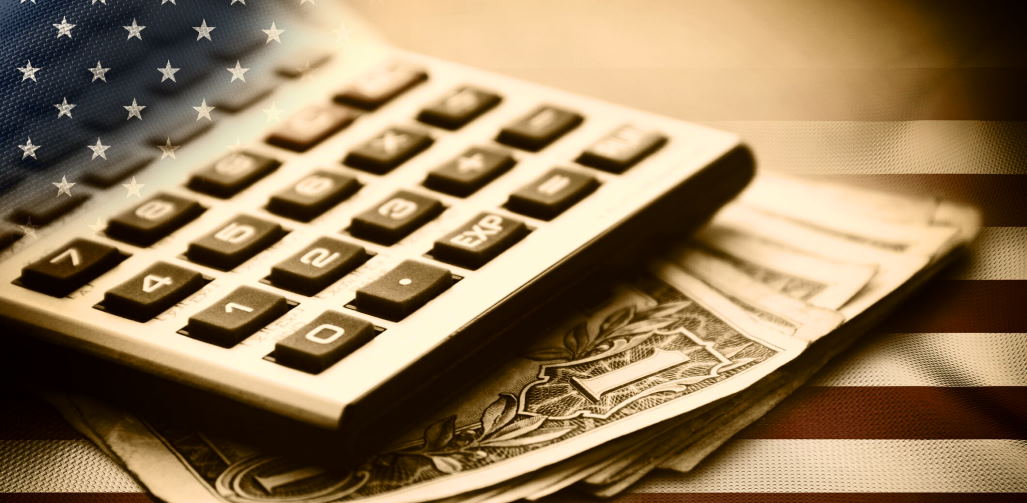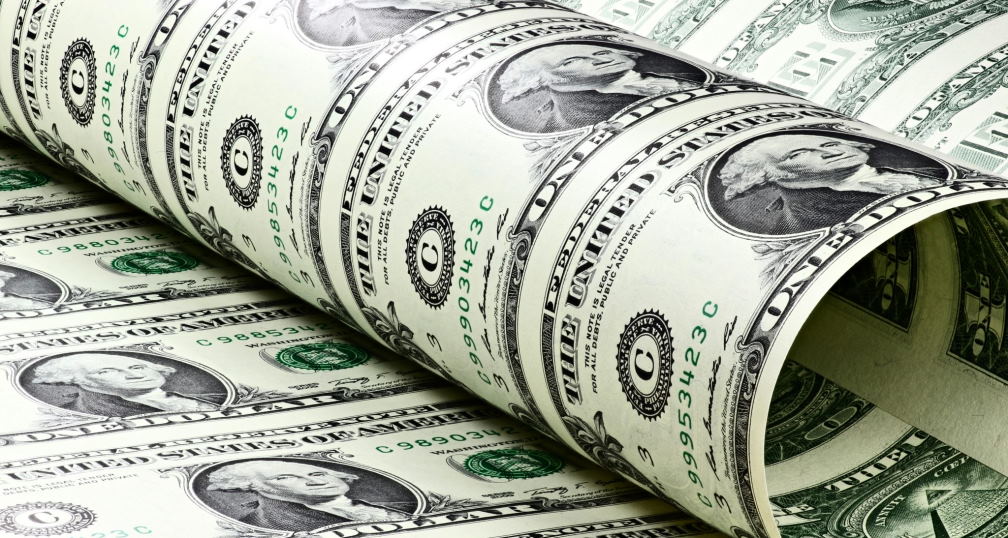
In recent years, government budget deficits have been a major political issue in the United States. While there is much debate about whether or not budget deficits are a good thing, one thing is clear: understanding the factors that drive the budget balance is essential to making informed decisions about fiscal policy.
This blog post will take a data-driven approach to track the government budget balance. We will examine public data sources on revenue and spending and use these data to build visualizations that shed light on the drivers of the budget deficit. By understanding the trends in government revenue and spending, we can better assess the impact of proposed policy changes on the budget balance.
How to achieve a healthy budget balance in the tight economy
No one can deny that the current economy is tough on everyone’s budget. In order to have a healthy budget balance, you have to be willing to make some changes in your spending habits. Here are a few tips on how to achieve a healthy budget balance in a tight economy:

- Evaluate your current expenses and see where you can cut back. Do you need that expensive coffee every day? Could you pack your lunch more often? Little changes can add up to big savings.
- Make a budget and stick to it. Once you know where your money is going, finding places to cut back will be easier. So make sure to include savings in your budget so that you can stay on track.
- Use cash instead of credit. When you use cash, you are more aware of your spending. Plus, you won’t be tempted to overspend if you have a limited amount of cash on hand.
- Shop around for better deals. Don’t be afraid to comparison shop or haggle for a better price. You may be surprised at how much money you can save by simply being a savvy shopper.
- Avoid impulse purchases. It can be tempting to buy something on a whim, but resist the urge! Impulse purchases can quickly add up and blow your budget.
- Make a plan for unexpected expenses. Life is full of surprises, so it’s important to plan for unexpected costs. Whether it’s setting aside money in savings or having a credit card for emergencies, being prepared can help you avoid financial stress down the road.
Following these tips can help you achieve a healthy budget balance in a tight economy. It may require some adjustments to your spending habits, but making these changes now can help you stay on track financially in the long run.

Fine line between fiscal responsibility and economic growth
The United States has always been a country of contradictions. We are a nation founded on the idea of liberty and opportunity, but we have also always been a nation of laws and regulations. In recent years, the tension between these two competing values has come to a head, especially when it comes to the economy.
On the one hand, there is the argument that fiscal responsibility is necessary in order to maintain economic growth. On the other hand, this camp argues that government spending must be kept in check to avoid inflation and debt problems. They point to countries like Greece as an example of what can happen when government spending gets out of control.
On the other hand, there is the argument that too much fiscal responsibility can stifle economic growth. This camp argues that government spending is necessary to invest in infrastructure and create jobs. They point to countries like China as an example of what can happen when a country invests in its future.
So which is it? Is fiscal responsibility necessary for economic growth or does it stifle it? The answer, of course, is both. It all depends on how you define “fiscal responsibility” and “economic growth.”
If you define fiscal responsibility as simply keeping government spending in check, it is necessary for economic growth. But if you define it as investing in the future, it does not necessarily stifle economic growth. So, again, it all comes down to priorities.

